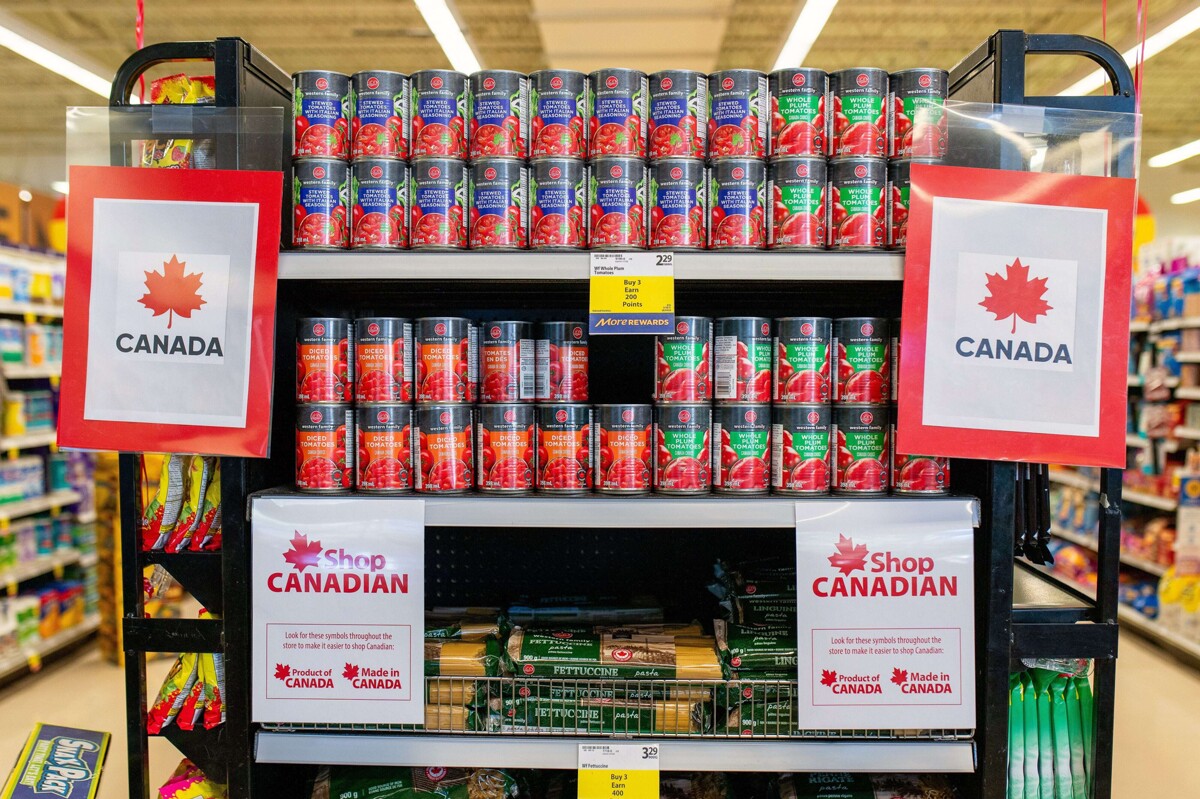
The Dip application has experienced rapid growth with 35,000 downloads in two weeks, according to its developer. Despite maintaining their principles, Canadians will have to make sacrifices, such as importing citrus via air from South America instead of Florida, due to the decision to replace American products with alternatives. This measure has been reflected in supermarkets, where local products are on the rise and American ones are running out.
In the midst of trade tension, Canadian consumers are expressing their discontent through boycotts and changes in their consumption habits, while officials and businessmen seek solutions to avoid a tariff war with the United States. The Mexican delegation, led by Chancellor Juan Ramón de la Fuente, is in Washington to address this issue with Secretary of State Marco Rubio. The intention is to maintain an open dialogue and resolve trade differences.
The anti-American sentiment has led Canadians to prioritize the purchase of domestic products, even at the cost of higher expenses. The reaction has spread to various sectors, including the automotive and food industries. Companies like Tesla Inc. may be impacted by this trend, as consumers increasingly choose Canadian products over those imported from the United States.
In light of the imminent tariffs by the United States, the Mexican government and Canadian companies are seeking agreements to avoid an escalation in trade tensions. Canadian airlines have reduced their flights to the United States due to low demand, reflecting the impact of this situation across various economic sectors. Despite the challenges, both consumers and businesses are looking for alternatives and showing support for local products in a context of international trade uncertainty.














